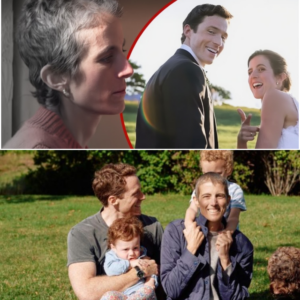In the ever-shifting landscape of Hollywood, few stories have captivated the public as intensely as Johnny Depp’s tumultuous journey through fame, scandal, and redemption. Once celebrated as one of Tinseltown’s most bankable and versatile stars, Depp found himself at the center of a cultural storm that many argue epitomized the excesses of cancel culture. In recent years, the actor has openly claimed he was unfairly chosen as a symbol of this phenomenon’s darker side—a figure targeted to bear the brunt of public and industry backlash. But why does Depp believe he was singled out, and what does his story reveal about the complexities of cancel culture in the modern era? This article dives deep into the reasons behind his perspective, the events that shaped it, and the broader societal questions it raises.
The Rise and Fall of a Hollywood Icon
Johnny Depp’s career is a testament to his unique ability to blend eccentricity with mainstream appeal. From his breakout role in Edward Scissorhands to his iconic portrayal of Captain Jack Sparrow in the Pirates of the Caribbean franchise, Depp carved out a niche as an actor who could transform into quirky, larger-than-life characters while maintaining an air of vulnerability. By the early 2000s, he was a global superstar, commanding multi-million-dollar contracts and a loyal fanbase. His collaborations with directors like Tim Burton and his ability to elevate franchise films into cultural phenomena solidified his status as a Hollywood heavyweight.
However, the 2010s marked a turning point. Depp’s personal life, particularly his high-profile marriage to actress Amber Heard, became fodder for tabloids and social media. Allegations of domestic abuse surfaced in 2016 when Heard filed for divorce and obtained a restraining order, accusing Depp of physical and verbal abuse. These claims set off a chain of events that would thrust Depp into the heart of a cultural reckoning—one that he believes unfairly painted him as the face of cancel culture’s wrath.
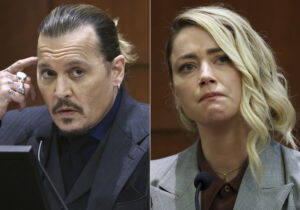
The Legal Battles That Defined the Narrative
The allegations against Depp triggered a series of legal battles that played out in courtrooms and the court of public opinion. In 2018, Heard wrote an op-ed for The Washington Post, describing herself as a survivor of domestic abuse without directly naming Depp. The actor responded by suing Heard for defamation, claiming her statements damaged his career and reputation. Simultaneously, Depp pursued a libel case against a British tabloid, The Sun, which had labeled him a “wife-beater.” The UK court ruled against Depp in 2020, finding the tabloid’s claims to be “substantially true” based on the balance of probabilities.
These legal setbacks had immediate professional consequences. Warner Bros. asked Depp to step down from his role as Gellert Grindelwald in the Fantastic Beasts franchise, and Disney appeared to distance itself from the actor, with reports suggesting he would not return as Jack Sparrow in future Pirates films. For many, these moves signaled that Depp had been “canceled”—a term used to describe the public and institutional shunning of individuals deemed to have transgressed societal norms. Yet, Depp maintained that he was not the aggressor but a victim, both of Heard’s alleged abuse and of a broader cultural movement that rushed to judgment.
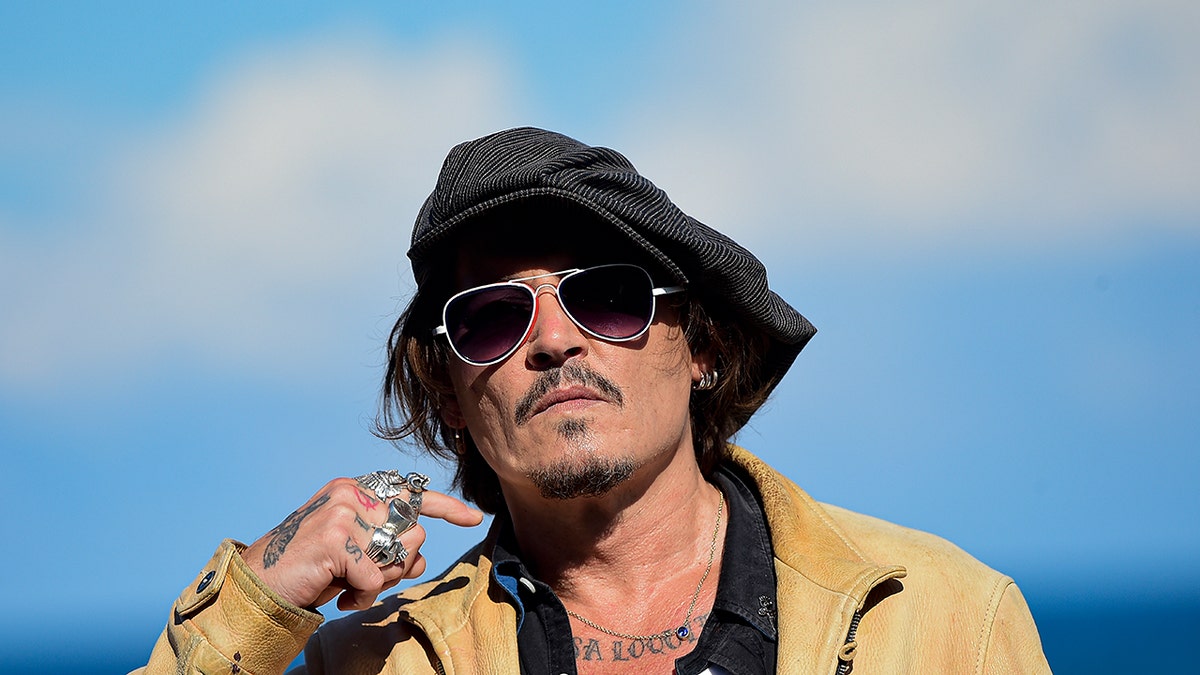
Depp’s Perspective: A “Crash Test Dummy” for Cancel Culture
In a 2025 interview, Depp described himself as a “crash test dummy” for the #MeToo movement and cancel culture, suggesting he was used as a high-profile example to advance a social agenda. He argued that the accusations against him were amplified to serve a narrative, with Hollywood and the media quick to abandon him in favor of aligning with prevailing cultural trends. Depp’s choice of words—likening himself to a test subject in a collision experiment—reflects his belief that he was deliberately targeted to absorb the impact of a societal shift, regardless of the truth.
This perspective stems from several factors. First, Depp points to the speed and intensity of the backlash he faced. Within days of Heard’s op-ed, he claims he was dropped from major projects, with little opportunity to present his side. He argues this reflects a broader issue: the tendency to prioritize accusations over evidence in the court of public opinion. Second, Depp has highlighted the personal toll of being “canceled,” describing how the allegations led to isolation, financial ruin, and a sense of betrayal from industry peers who, in his view, deserted him to avoid controversy.
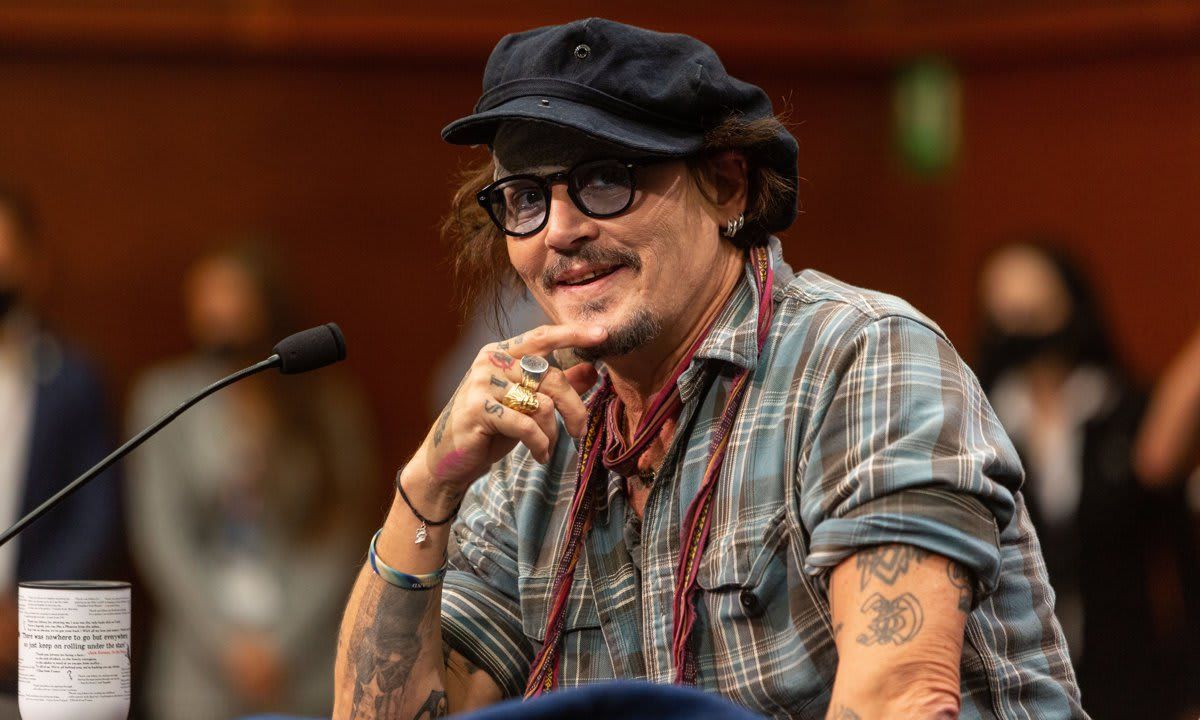,type=downsize)
Finally, Depp’s comments suggest a critique of Hollywood’s hypocrisy. He has noted that the same industry that once celebrated his eccentricity was quick to cast him aside when his image became inconvenient. This sentiment resonates with his broader disillusionment with the film industry, which he describes as increasingly formulaic and dismissive of audience intelligence. By framing himself as a casualty of cancel culture’s excesses, Depp positions his experience as a cautionary tale about the dangers of snap judgments and mob mentality.
The Other Side: Public and Industry Reactions
Depp’s claims have not gone unchallenged. Critics argue that his portrayal as a victim overlooks the serious nature of the allegations against him. The UK court’s ruling, which found evidence of multiple instances of abuse, remains a significant counterpoint to his narrative. Some view his insistence on being “canceled” as an attempt to deflect accountability, pointing to controversial text messages he sent during his marriage, which included violent and derogatory language about Heard. These messages, revealed during legal proceedings, have been cited as evidence of a darker side to Depp’s persona, complicating his claim of innocence.
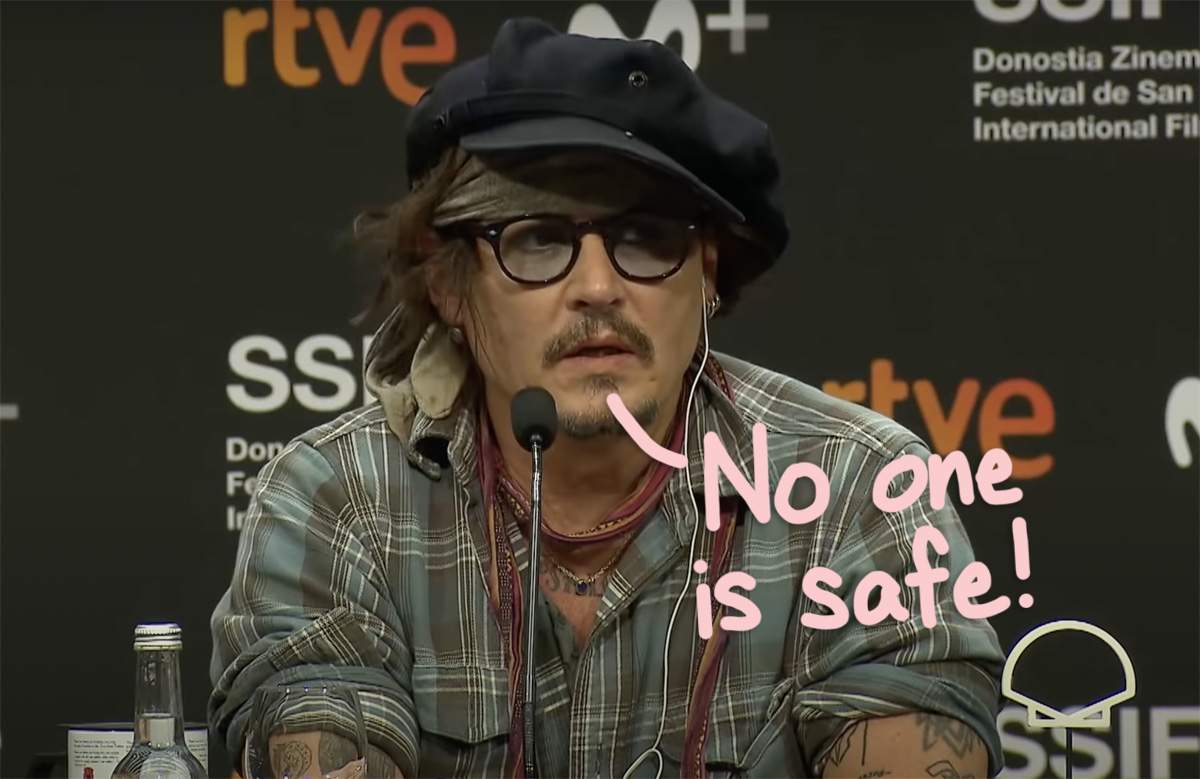
Moreover, the #MeToo movement, which gained momentum during Depp’s legal battles, sought to amplify the voices of abuse survivors, particularly women who faced systemic barriers to being believed. For some, Heard’s allegations were a test case for whether society would take such claims seriously, and Depp’s high-profile status made the case a lightning rod for debate. The decision by studios to distance themselves from Depp was seen by some as a necessary step to signal support for survivors, even if it meant sidelining a once-beloved star.
Yet, public sentiment has been far from unanimous. Depp’s fanbase, bolstered by social media campaigns, has rallied behind him, arguing that he was unfairly vilified. Petitions to reinstate him in Pirates of the Caribbean garnered millions of signatures, and his appearances at events like the 2023 Cannes Film Festival were met with standing ovations. This divide highlights the polarized nature of cancel culture debates, where competing narratives—victimhood versus accountability—clash in the public square.
The Broader Implications of Depp’s Story
Depp’s experience raises profound questions about cancel culture and its impact on individuals and society. At its core, cancel culture emerged as a tool for holding powerful figures accountable, particularly in the wake of movements like #MeToo and Black Lives Matter. It gave marginalized voices a platform to challenge systemic abuses, toppling figures like Harvey Weinstein and Kevin Spacey. However, critics, including Depp, argue that it has morphed into a mechanism for swift, often indiscriminate punishment, where nuance is sacrificed for moral clarity.
The actor’s case illustrates the challenges of navigating truth in the digital age. Social media amplifies allegations, creating echo chambers where opinions solidify before evidence is fully examined. For Depp, the rapid spread of Heard’s claims—coupled with the industry’s swift response—left little room for due process. This dynamic underscores a tension: how to balance the need to believe survivors with the principle of presumed innocence.
Furthermore, Depp’s story highlights the role of power and privilege in cancel culture. As a wealthy, white, male celebrity, Depp has resources to fight back—through lawsuits, public appearances, and new projects like his 2025 film Day Drinker. Many others facing similar scrutiny lack such means, raising questions about who gets to reclaim their narrative and who remains silenced. The fact that Depp has secured new roles and endorsements, such as his ongoing Dior contract, suggests that “cancellation” is rarely permanent for those with enough clout.
Looking Forward: Redemption or Reckoning?
As Johnny Depp continues to rebuild his career, his reflections on cancel culture offer a window into a broader societal debate. He sees himself as a symbol of its excesses—a man targeted not for his actions but for what he represented in a moment of cultural upheaval. Whether one views him as a victim, a villain, or something in between, his story underscores the complexities of navigating accountability in an era of instant judgment.
For Depp, the path forward involves reclaiming his artistic legacy while challenging the narratives that defined his downfall. His recent projects, from European film festival honors to new acting roles, signal a resurgence, but they also reignite debates about forgiveness, redemption, and the limits of public judgment. As Hollywood and its audiences grapple with these questions, Depp’s journey remains a flashpoint—a reminder that the line between justice and injustice is often thinner than it seems.
Why does Johnny Depp believe he was chosen as the face of cancel culture’s dark side? For him, it’s a story of betrayal, rushed judgments, and an industry eager to sacrifice its own to appease a shifting moral tide. For others, it’s a story of accountability, where even the most beloved stars must face the consequences of their actions. The truth, as always, lies in the messy middle—a place where Depp’s saga continues to spark conversation, controversy, and reflection.
